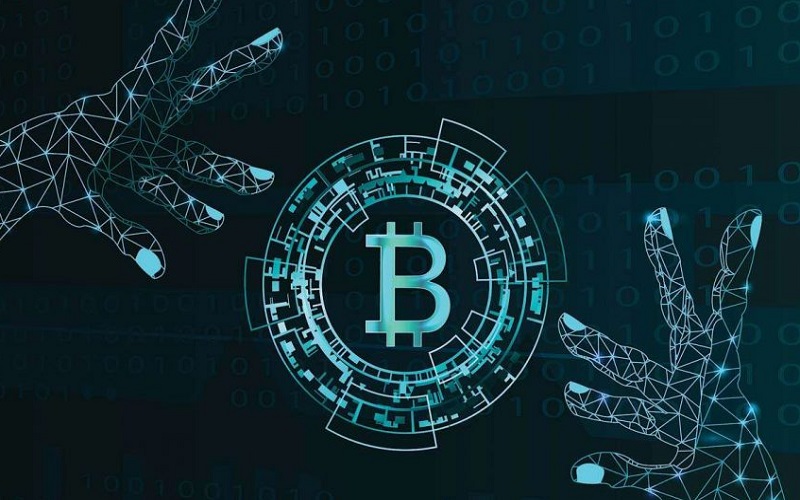Information is a critical component to the success of any business or organization and a smooth path to achieving desired goals. It is better if the company receives information quickly and accurately. Blockchain development helps a company obtain this data by providing real-time public and fully transparent data stored in a permanent ledger that members of an authorized network can only access.
Blockchain technology can track orders, payments, and production, among other things.
Blockchain development is used in all cryptosystems, including Bitcoin, to support, secure, and decentralize various transactions. The data model is the most important difference between a traditional database and a blockchain. Information on a blockchain is organized into groups called blocks that contain sets of data.
Blockchain technology is distributed instead of being reproduced or transmitted when we create a document and distribute it to a group of people. The result is a decentralized distribution network where everyone has simultaneous access to the document.
Given its complexity, the possibilities of Blockchain as a decentralized accounting system are almost limitless. To maximize the benefits described above, Blockchain technology can bring more benefits such as increased user privacy and security, lower processing fees, and fewer errors.

Advantage
- Eliminating human intervention in the verification process has increased the accuracy of the process.
- Lower costs due to no need for third party verification.
- A decentralized system is harder to change.
- Transactions are secure, confidential, and fast.
- Transparent technology provides a financial alternative and a way to protect personal information for people in countries with unstable or weak governments.
Blockchain development services and other software companies are looking to create decentralized blockchain networks that allow companies to develop new business models while improving data and transaction traceability. There are several variables to consider when developing Blockchain security software that recognizes and respects the core elements of a cross-industry standard for decentralized, shared ledgers, changing how business is done globally at curios.com nft marketplace.
With several real-world applications for the technology currently being implemented and researched, Blockchain is finally making a name for itself at the age of twenty-seven, thanks in no small part to bitcoin and cryptocurrencies. Blockchains of the future will not only be the unit of account for storing wealth, but also looking for ways to store medical data, property rights, and a host of other legal transactions.
Summary
By eliminating intermediaries, blockchain, an important concept, promises to make corporate and government operations more accurate, efficient, secure, and profitable.


